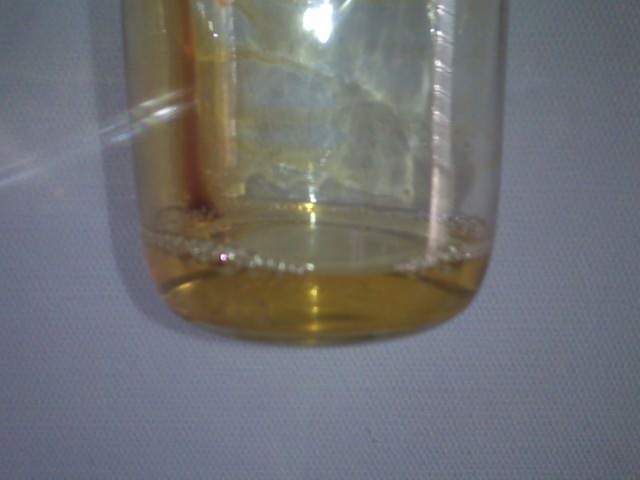From old plastics to high-quality crude oil: this innovative recycling developed by a young American company turns our huge dumps into potential new black gold deposits.
The Agilyx technique, born in Oregon (Western USA) just six years ago, can treat any plastic, even the oldest or the dirtiest for which a recycler would be fine stuffy.
"What interests us is not the plastics that are recycled today, it is the plastics that no one else wants and which generally end up in the landfill", explains to AFP Jon Angin, the vice -President of the company, present at the Lyon Pollutec Environmental Fair.
First crushed, said plastic is then placed in a large "cartridge", heated to be transformed into gas, then cooled with water, the oil then being separated by rising to the surface.
In the end, more than 75% of the starting weight is transformed into synthetic crude oil, ready to be refined like any Saudi or Russian black gold. The rest is divided into gas and final waste (less than 10%).
This ratio means that ten tons of plastic - whose global production 2011 is estimated at 280 million tons - give about fifty barrels of oil, according to the company, even if the equivalent of ten barrels of energy were used in the process industrial.
“We produce five units of energy for one unit consumed,” says Angin.
- First salon across the Atlantic -
Technology has already convinced: in addition to the large demonstrators that are already producing, several factories are under construction in the United States. And the 60 SME has already attracted to its capital the US number one Waste Management Waste or the French oil giant Total.
No need in fact of a barrel at 200 dollars to see this technology emerge: "At the current price of oil, Agilyx is already profitable", underlines François Badoual, director of Total Energy Ventures, investment subsidiary of the French group entered in the capital of the American at the end of 2010.
Mr. Angin prefers not to say too much about the floor price per barrel required for his business. "But we are quite calm, the price of oil is not ready to fall below this level," he slips, smiling.
As for the crude oil produced, it has nothing to envy in terms of quality to that drawn from around the world. Plastic is already a product of refined oil, it is already cleared of many impurities.
"It is a good quality crude that could be qualified as light, often sought after by refineries," confirms Mr. Badoual.
First on this niche thanks to the discoveries of its co-founder Kevin Dewitt, Agilyx sees emerging new competitors, like the British Cymar or the American Vadxx Energy, but they do not produce yet.
Is a European facility in sight? While Europe has a head start on recycling, Europe also has less land to landfill than the United States or Canada, says Jon Angin.
Its presence in Lyon is a sign of interest in the European market: it is the first time that the company has participated in a show on this side of the Atlantic.
http://fr-ca.actualites.yahoo.com/lalch ... 59299.html




